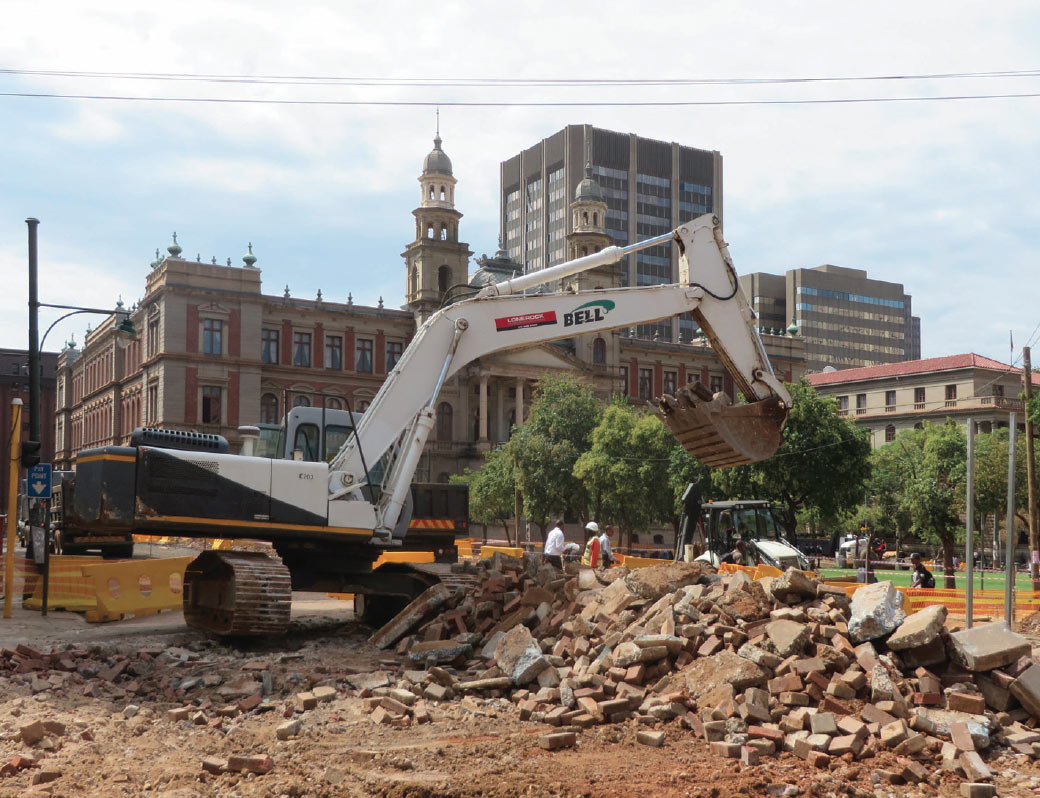Since its founding, the City of Tshwane (Pretoria) has been the capital city of South Africa for divergent political regimes, each leaving a residue in the built heritage invariably charged with opposing meanings to different sectors of society. Nicholas Clarke, Research Associate in the Department of Architecture, focuses his research on the role of built heritage in social resilience, in which issues of identity of place play a crucial role. In his work, built heritage as a renewable source interfaces with other issues – such as the potential Karoo shale gas development and tourism at World Heritage sites – in assessing impact and the tension between conservation and use.
At the core is an architectural and technical understanding of construction in the retention of authenticity. The city is his laboratory through the Capital Cities Project, an institutional research theme that has arisen through a formal cooperation agreement between the City of Tshwane and the University of Pretoria. In line with the Vision 2055 of the City of Tshwane, his research develops an understanding of the built heritage as a resource that embodies a changing national identity over time. In particular, the focus is on the future development of a shared built heritage, and the influence of Dutch architects and engineers in South Africa during the nineteenth and twentieth centuries.
In 2015 several co-authored publications came from this work, including Re-centring Tshwane: Urban heritage strategies for a resilient capital; Urban planning in Tshwane; and Futures for a collective past, reflecting the central focus on the built heritage as a renewable resource.
 Church Square, City of Tshwane
Church Square, City of Tshwane